Quitting smoking helps immediately, but this disease doesn’t only affect people who smoke
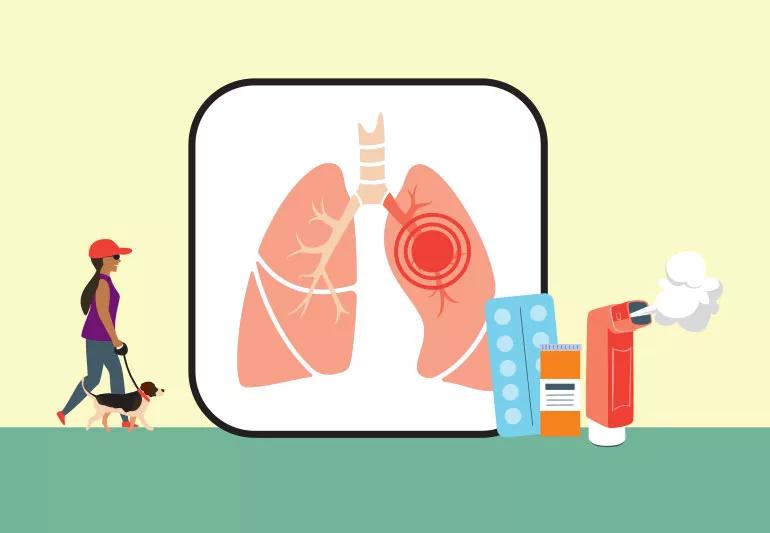
If you or someone you know has been diagnosed with chronic obstructive pulmonary disease (COPD), your mind may be spinning with questions. How did you get it? Will it limit your activities? Is it treatable?
Advertisement
Cleveland Clinic is a non-profit academic medical center. Advertising on our site helps support our mission. We do not endorse non-Cleveland Clinic products or services. Policy
Some answers you hear may not be accurate, considering myths consistently shared about the condition. Let’s separate fact from fiction with pulmonologist Kathrin Nicolacakis, MD.
COPD is often associated with smoking — and with good reason. Smoking cigarettes and other tobacco products stand as the most common cause of COPD, given the damage done to the lungs and airways.
But nearly 30% of people with COPD have never taken a puff from a cigarette. Nonsmoking causes of COPD can include:
The lung damage behind COPD is cumulative. Every cigarette you puffed on contributed to the condition if you smoked. If you keep smoking, every additional cigarette will make your COPD worse.
“Some people think there’s no benefit to quitting smoking once they are diagnosed with COPD,” notes Dr. Nicolacakis. “But it’s never too late to quit. Stopping at any point will slow the progression of the disease.”
Advertisement
Consider this, too: Your body starts to see benefits from not smoking within 20 minutes of snuffing out your last cigarette. The plusses keep adding up in the smoke-free hours, days, weeks, months and years that follow.
So, if you’re looking to kick the habit, talk to your healthcare provider about a smoking cessation program. Every day after you quit will help your health.
Shortness of breath, wheezing, a chronic cough and fatigue all can be part of COPD. Any one of those symptoms can make it a challenge to exercise.
But you can get moving without fear of making COPD worse — and that activity will pay off. “Moderate exercise will not hurt your lungs,” reassures Dr. Nicolacakis. “In fact, it can lessen COPD symptoms, strengthen your heart and reduce stress.”
Try to build up to 20 to 30 minutes of exercise three to four times a week. Combine a safe cardiovascular activity, like walking or biking with some stretching and strength-building.
While you’re getting your workout in, be sure to breathe out slowly through pursed lips. Take twice as long to exhale as to inhale, recommends Dr. Nicolacakis. Rest before and after exercise, too.
Odds are it won’t be easy to start exercising. Talk to your healthcare provider about building a plan that works for you. They may be able to connect you with a respiratory therapist for breathing techniques and exercises you can do.
Can COPD be 100% cured? No. But there are ways to minimize the impact of the disease and slow its progression.
“COPD is treatable,” states Dr. Nicolacakis. “If you have symptoms, there are many options to help you feel better. We may not be able to reverse it, but we can control the symptoms and prevent further damage to the lungs.”
Medications prescribed by your healthcare provider can help offset COPD complications. Treatment options could include:
You may wonder: Will COPD go away if you follow the treatment methods mentioned above?
Unfortunately, the answer is no. As mentioned, the lung damage that characterizes COPD develops over many years. It doesn’t just disappear with a change in habits or medications, says Dr. Nicolacakis.
Taking care of yourself is important to slow the progression of COPD, she adds. Lifestyle decisions can help you stay active and involved with family and friends. Here are 10 things you can do to better control COPD.
Advertisement
“Taking care of yourself in these ways, plus taking your medications, can sometimes help offset the complications of COPD,” encourages Dr. Nicolacakis.
Advertisement
Learn more about our editorial process.
Advertisement
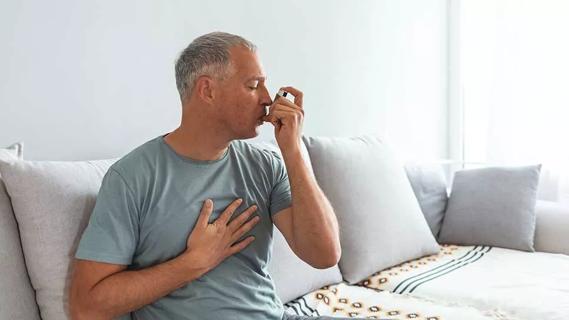
Both conditions have similar symptoms, but different causes and treatments
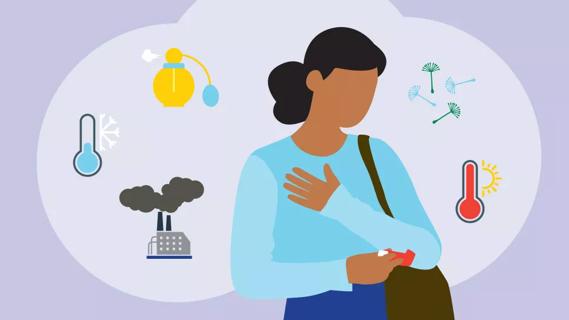
You can reduce your chances of a flare-up by quitting smoking, avoiding respiratory infections and following your doctor’s orders
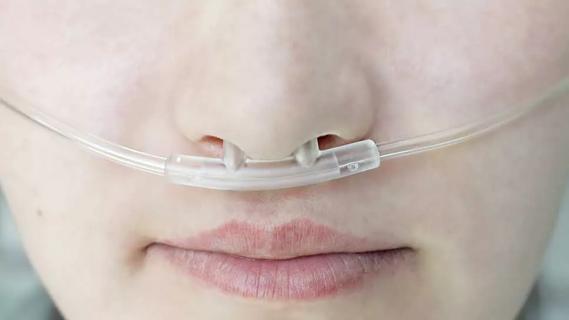
Get improved quality of life and breathe better
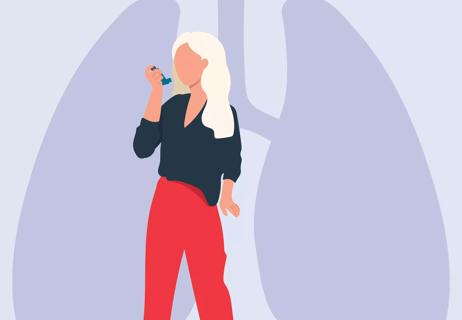
People with certain pre-existing medical conditions have increased risk factors

Some tips to make your next fire safer

Dry or wet, acute or chronic — it may point to a cause

Most recommended precautions center around minimizing bruising or swelling

Type 2 diabetes isn’t inevitable with these dietary changes

Applying a hot or cold compress can help with pain